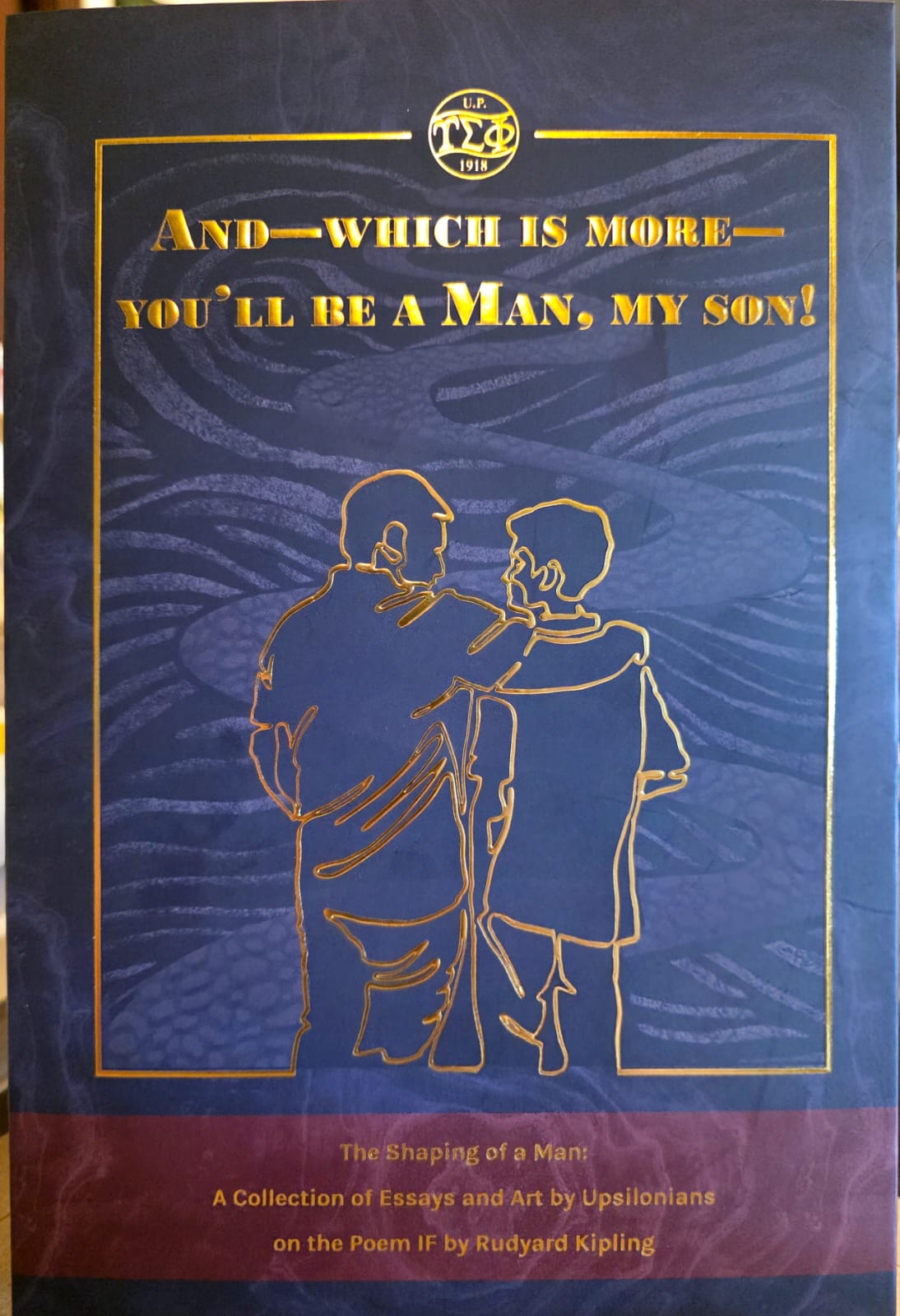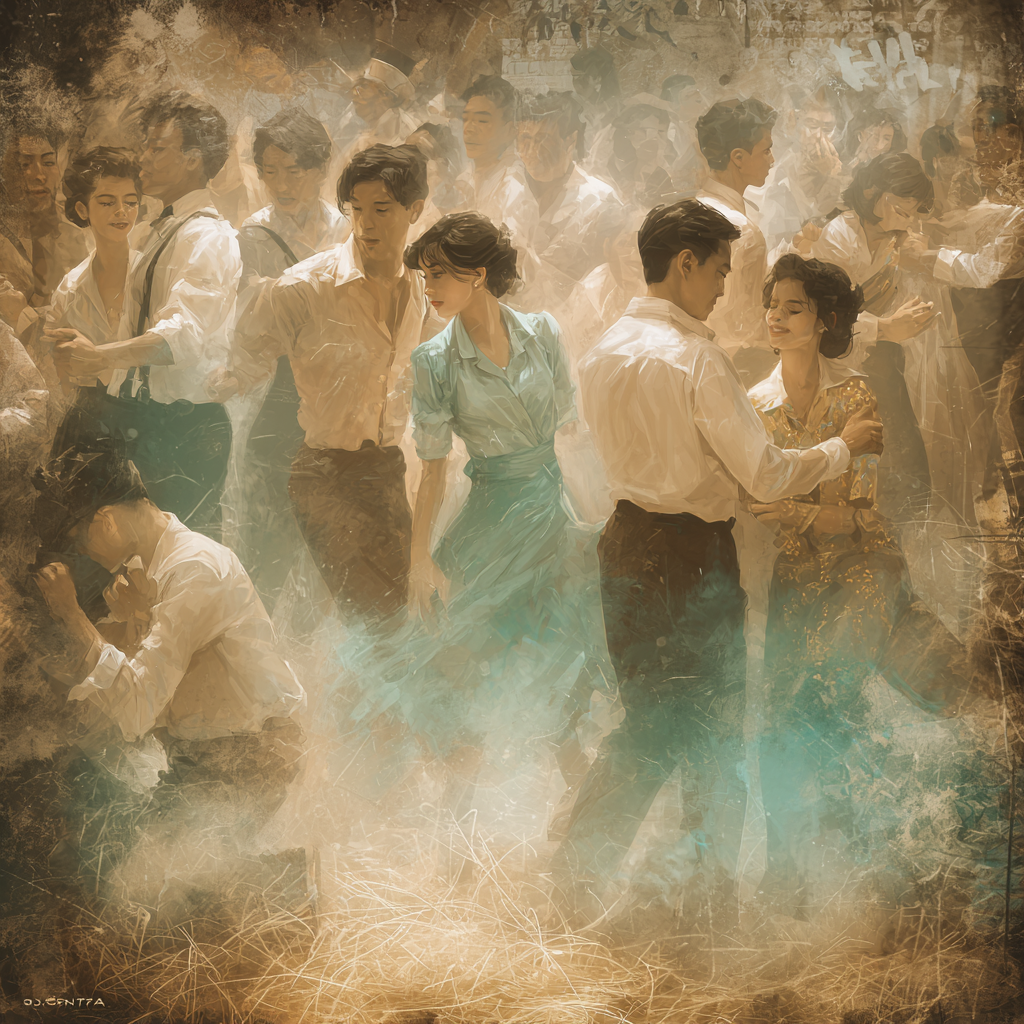Opinion
A Life Too Brief, a Legacy Eternal: Gerardo "Dinggoy" Araneta Roxas Jr.
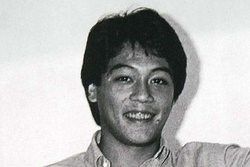
IT IS said that some lives, no matter how short, burn brighter than the longest days. Gerardo “Dinggoy” Roxas Jr. embodied that rare, incandescent spark—a young man who, in just 32 years, captured the heart of a nation, inspired his peers, and left a legacy that endures in memory and fraternity. His passing in 1993 left a nation grieving and his brothers in Upsilon Sigma Phi holding him close in spirit, cherishing his name like a treasured anthem.
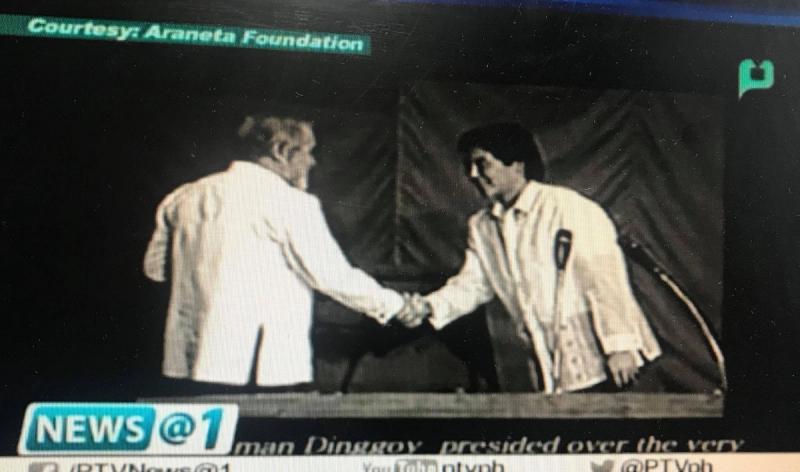
From his earliest days, it was clear Dinggoy was destined to walk among giants. Born into the lineage of a storied political dynasty—grandson of President Manuel Roxas, son of Senator Gerardo Roxas, and brother to future statesman Mar Roxas—Dinggoy carried the weight of history on his shoulders. But he did not merely inherit a legacy; he carved his own, one marked by youthful audacity and unflinching service. In 1987, at just 26 years old, he became the youngest elected representative of Capiz’s 1st district. His victory was not just a political triumph but a promise—a pledge that fresh leadership could rise, unburdened by cynicism, with hopes as bold as the ideals that shaped him.
Dinggoy was not content to linger in the shadow of his family’s name. He pursued his education at the University of the Philippines, where activism and idealism danced with a fierce sense of national identity. It was there that he found a brotherhood for life—Upsilon Sigma Phi. For Dinggoy, the fraternity was not merely a collection of rituals and traditions; it was a crucible that forged leaders with a profound sense of duty and solidarity. In Upsilon’s motto, “We Gather Light to Scatter,” Dinggoy saw his own reflection: a man who understood that his brilliance belonged not to himself but to the people he served.
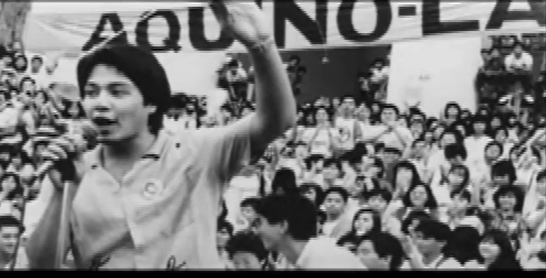
His brothers in Upsilon recall him not just as a peer, but as a beacon. He exemplified the fraternity’s ideals of leadership, service, and integrity—values that transcended speeches and campaigns, emerging in the quiet moments of his everyday life. Whether advocating for infrastructure development in Capiz or standing firm for social justice, Dinggoy was known for his unwavering empathy. His kindness was not calculated; it was instinctive, the kind that makes one stay a little longer to listen, to understand, to help.
Dinggoy’s impact on Capiz, though fleeting, was profound. In the halls of Congress, he fought not for fame or personal ambition but for the dignity and progress of his constituents. He stood, a young lion among elders, undeterred by inexperience and buoyed by his belief that a better future was possible. His life was a testament to the power of youth in governance—dynamic, optimistic, and unafraid to challenge the status quo.
But perhaps his most enduring legacy is not found in legislative records but in the hearts of those who knew him. His brothers in Upsilon speak of him with reverence, as if evoking the memory of a great leader taken too soon. They remember the man who wore his ideals as comfortably as his skin, whose laughter filled their gatherings, and whose sense of camaraderie never faltered, even in the face of the relentless pressures of politics. In the fraternity’s long and storied history, Dinggoy is remembered as a light—one that flickered too briefly, but whose glow is scattered still, carried forward by those he left behind.
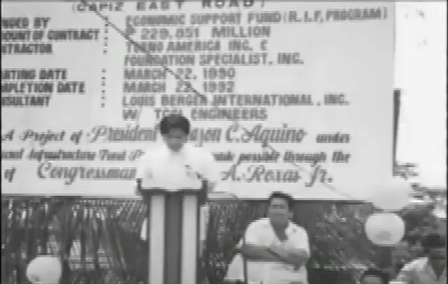
When cancer claimed him on April 4, 1993, the air was thick with the grief of dreams unrealized. The people of Capiz mourned not just the loss of a congressman but the promise of a future shaped by his steady hand. His brother Mar Roxas would go on to continue the family’s legacy, yet Mar himself has often remarked how he stood in the shadow of his younger sibling’s brilliance. For Dinggoy’s dreams were not his alone; they were shared with those he loved, entrusted to a brotherhood, and left as a challenge to the next generation.
In the end, what do we make of a life so vibrant, so brief? Perhaps Dinggoy’s story reminds us that greatness is not measured by length of years but by depth of purpose. His light, gathered in those short years, has not dimmed. It lives in the streets and schools of Capiz, in the quiet dedication of his Upsilon brothers, and in the hearts of all who believe that youth and idealism are not wasted dreams but necessary tools for nation-building.
He is gone, but his spirit endures. And somewhere, beneath the shade of palm trees in Capiz or in the corridors of the University of the Philippines, his memory is invoked in hushed toasts and fraternity chants, each utterance a promise: We carry your light, Dinggoy, and we scatter it still.
About the Author
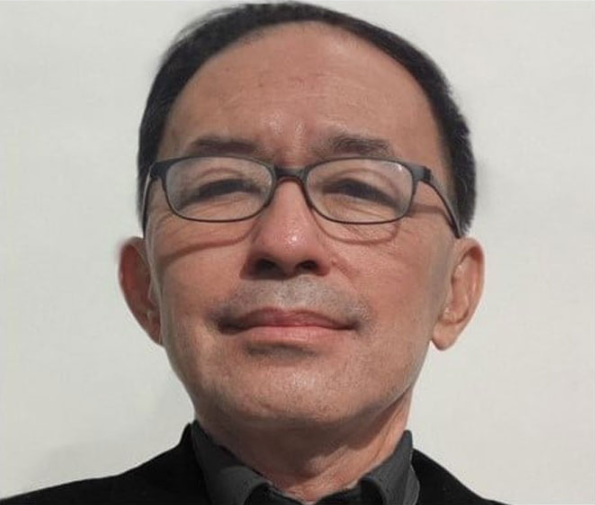
Louie Biraogo '79
Louis C. Birago '79 is a media practitioner, newspaper columnist and writer known for his bombastic exposés on social and political issues in the Philippines. Writing under the pseudonym "Citizen Barok," his prolific pen covers a wide range of topics and issues, and his particular brand of social advocacy endears him to his fans and followers, to the chagrin of those who find themselves in the receiving end of his honest but sometimes brutal commentaries. Mr. Biraogo studied law in the University of the Philippines and was a former illustrious fellow of the Upsilon Sigma Phi.
